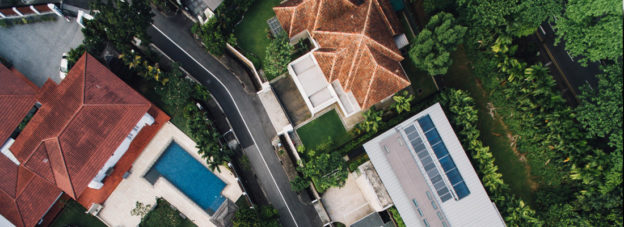In Goodman v. Heritage Builders, Inc., 390 P.3d 398 (Colo. 2017) (en banc), the Supreme Court of Colorado clarified the parameters for timely-filing third-party claims for indemnification or contribution in construction defects cases. The court held that C.R.S. § 13-80-104(1)(b)(II) – addressing when a party can file third-party indemnification and contribution claims – controls over the two-year statute of limitations period set forth in C.R.S. § 13-80-102 and the six-year statute of repose period in C.R.S. § 13-80-104(1)(a). Thus, in Colorado, so long as third-party claims are brought during the litigation or within ninety days after the date of judgment or settlement, such claims should be timely.
In Goodman, Heritage Builders, Inc. (Heritage) acted as the general contractor for a home sold to Karen and Courtney Lord (collectively, the “Lords”). The county issued a certificate of occupancy for the home in September 2006. In November 2011, the Lords sold the home to Richard Goodman (Goodman), who discovered alleged construction defects in the home between March and June 2012. In July of 2013, Goodman sent Heritage informal notice of his claims. He sent them a formal notice of claim – as required by Colorado’s Construction Defect Action Reform Act, C.R.S. §§ 13-20-801 to 31-20-808 – in October of 2013. Thereafter, Heritage sent a notice of claim letter to Studio B Architects (Studio B) and Bluegreen, Inc. (Bluegreen), alleging design deficiencies in the home. Subsequently, on December 20, 2013, Goodman filed suit against Heritage and some of its contractors and, in response, Heritage asserted cross-claims and filed a third-party complaint against Studio B and Bluegreen, among others. Arguing that Heritage’s third-party claim against it was barred by the six-year statute of repose contained in C.R.S. § 13-8-104(1)(a), Studio B moved for summary judgment. Bluegreen joined the motion. Finding that Heritage’s claims against Studio B and Bluegreen arose, at the earliest, when Heritage received informal notice of the alleged defects in July of 2013 – more than six years after the home’s date of substantial completion – the trial court held that the statute of repose barred Heritage’s third-party claims against Studio B and Bluegreen. The Supreme Court of Colorado disagreed.
As noted by the court on appeal, in general, construction defect claims are subject to the two-year statute of limitations in C.R.S. § 13-80-102 and the six-year statute of repose in C.R.S. § 13-80-104(1)(a). However, construction defect claims against other parties – “who may be liable to the claimant for all or part of the claimant’s liability to a third person” – are governed by C.R.S. § 13-80-104(1)(b)(II). Pursuant to this subparagraph, notwithstanding the provisions of § 13-80-104(1)(a), contribution and indemnification claims against third-parties may be brought in either: “(1) the construction defect litigation before a settlement or entry of judgment or (2) a separate lawsuit after a settlement or entry of judgment.” Giving the “notwithstanding” language its controlling effect, the court held that, although § 13-80-104(1)(a) incorporates the two-year statute of limitations in § 13-80-102 and contains a six-year statute of limitations for construction defect claims, § 13-80-104(1)(b)(II) is the statute section under which courts determine the timeliness of third-party contribution and indemnification claims. Pursuant to § 13-80-104(1)(b)(II), so long as third-party indemnification and contribution claims are brought during the construction defect litigation or within ninety days following the date of judgment, the claims are timely. Thus, because Heritage brought its third-party claims against Studio B and Bluegreen before any judgment or settlement, the court held that its claims were timely.
The analysis in Goodman serves as a reminder to subrogation professionals that, when deciding whether construction defect-related claims are timely, it is important to review the language of the applicable statute of repose. Where, as in Colorado, there is language in a subsection of the statute of repose indicating that the statute applies “notwithstanding” other statutory sections, subrogation professionals reviewing the statute should accord the subsection containing the “notwithstanding” language appropriate weight.
This entry was posted in 


